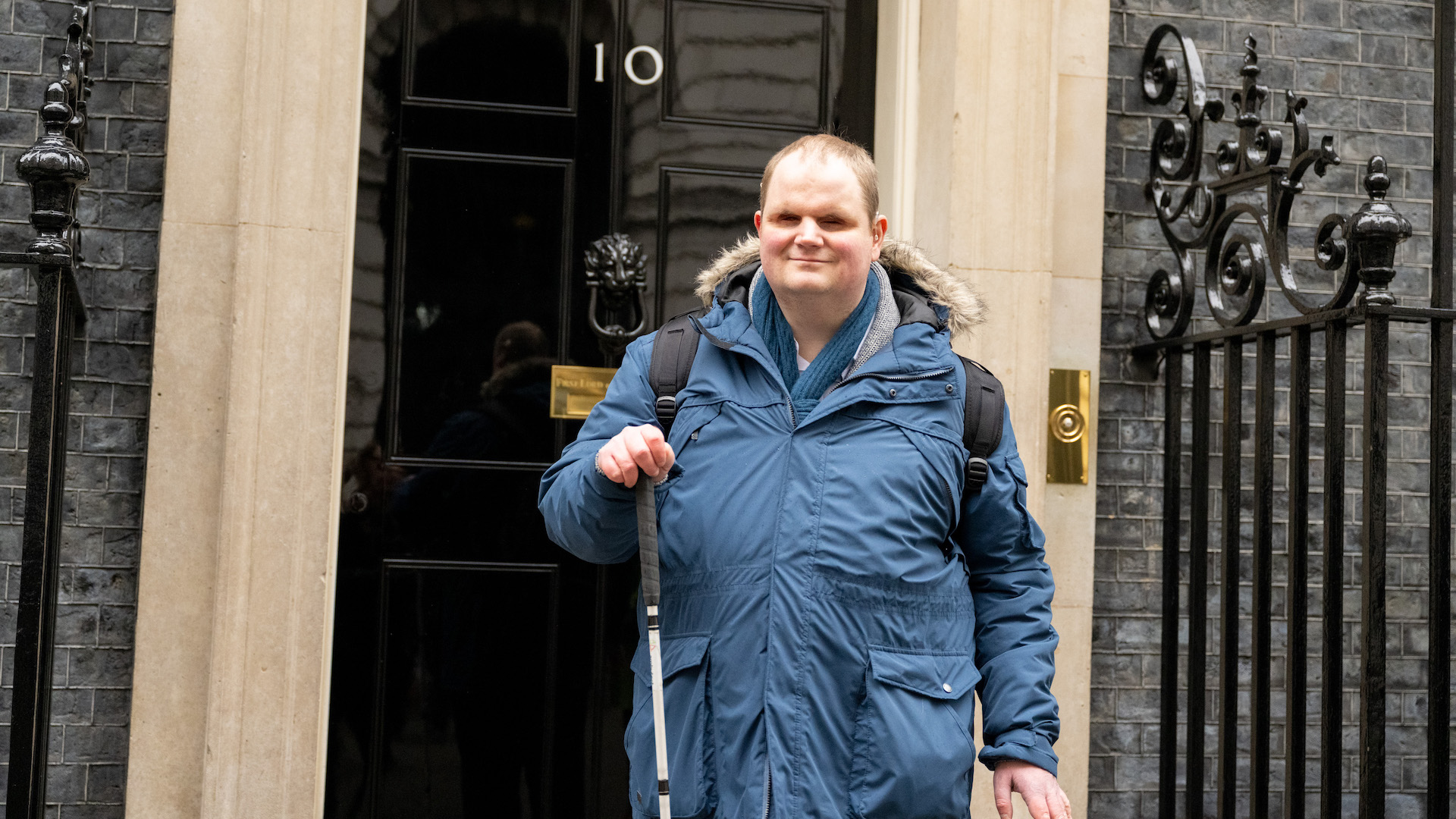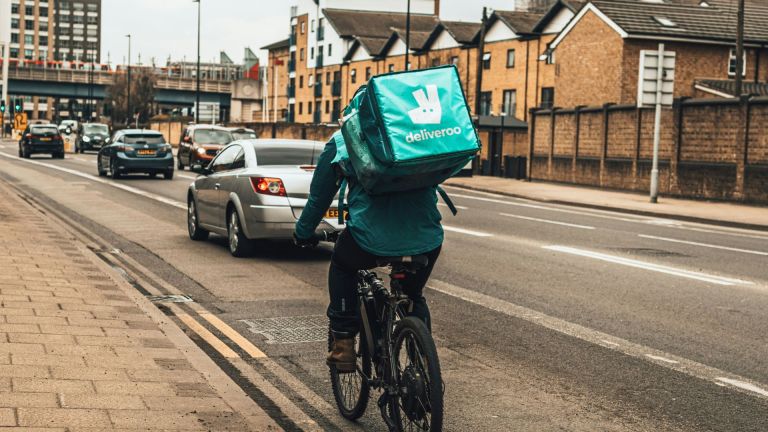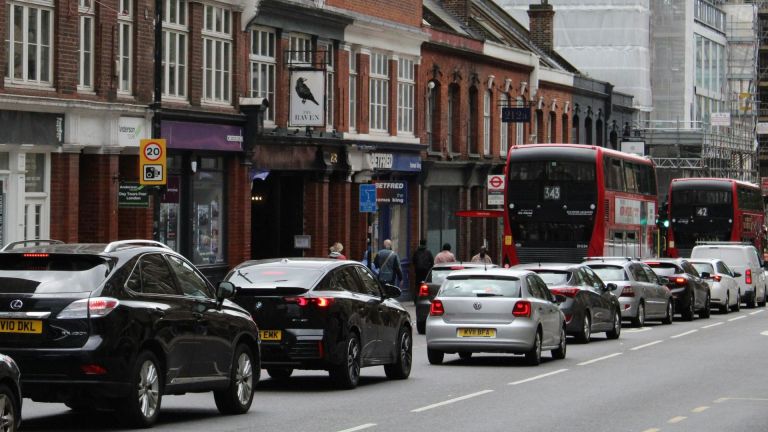Much of the evidence we’ve heard from the public inquiry so far suggests that they are right.
We’re an afterthought
We’ve heard evidence so far across the first two areas the inquiry will explore: how prepared the UK was for a pandemic and the way decisions about the pandemic were taken.
The inquiry has heard from many witnesses and sifted through thousands of pages of written evidence so far, and, for me, it’s more than clear that the needs of disabled people just weren’t a priority for decision makers.
We heard particularly powerful evidence from Tom Shakespeare, a leading disability researcher from the London School of Hygiene and Tropical Medicine, who described disabled people as “an afterthought” when it came to planning for a pandemic and the actions taken during COVID-19.
Other leading organisations like Disability Rights UK were at pains to point out that disabled people do make up 20% of the UK population, yet there was an “utterly breathtaking” lack of pre-pandemic planning about what would happen to disabled people, made even worse by a lack of coordinated planning during the pandemic.
The government simply failed to engage with disabled people and/or disabled people’s organisations, which seriously hindered effective decision making.
No one is taking responsibility
A really interesting aspect of the evidence we’ve heard over the past few weeks is that the government was well aware of the disproportionate risks faced by disabled people during the pandemic, and yet no-one had, or seemed to want to, take responsibility for protecting them.
Politicians, including former minister for disabled people Justin Tomlinson and former prime minister Boris Johnson, reportedly testified that the risks were so obvious that someone was no doubt working on them – and yet, no-one seemed to be able to point to who this ‘someone’ was.
In December, the lawyer giving evidence of behalf of various disabled people’s organisations described the impact on disabled people as “obvious to everyone, but the responsibility of no-one”.
For me, this speaks volumes about the total lack of concern and consideration for the people most vulnerable to inequalities caused by the pandemic. This doesn’t really come as a surprise given allegations that Boris Johnson asked why damage was being inflicted on the economy for people who would “die anyway”.
Communications were inaccessible
The pandemic was a scary time where people were trying to get as much information as they could, delivered through TV briefings or letters sent to clinically extremely vulnerable people. But many disabled people, for example, received letters they couldn’t read, or weren’t provided with British Sign Language interpretation for national briefings and announcements.
Speaking to the inquiry, the then minister for disabled people did acknowledge some areas where the government could have done more. He gave the example that it took a long time for BSL interpreters to be at daily briefings, something he described as “extremely frustrating”.
It took the incredible campaigning of a number of deaf individuals through the ‘Where is the Interpreter?’ campaign, culminating in an eventual court victory, to prove that the government had discriminated against the claimants by not providing the information in BSL.
No one would suggest that finding a path through the pandemic was easy for the government. But the evidence heard at the inquiry so far paints a picture of a government which simply failed to prioritise disabled people and to keep them safe. It’s important to me that the government recognises this and learns from this – more needs to be done to ensure the needs of disabled people are properly considered for future health emergencies and that more robust protections are put in place.










